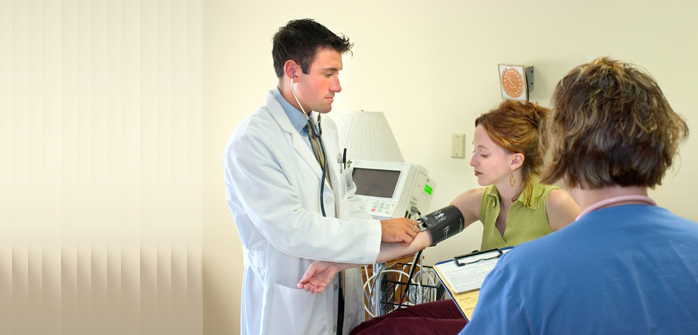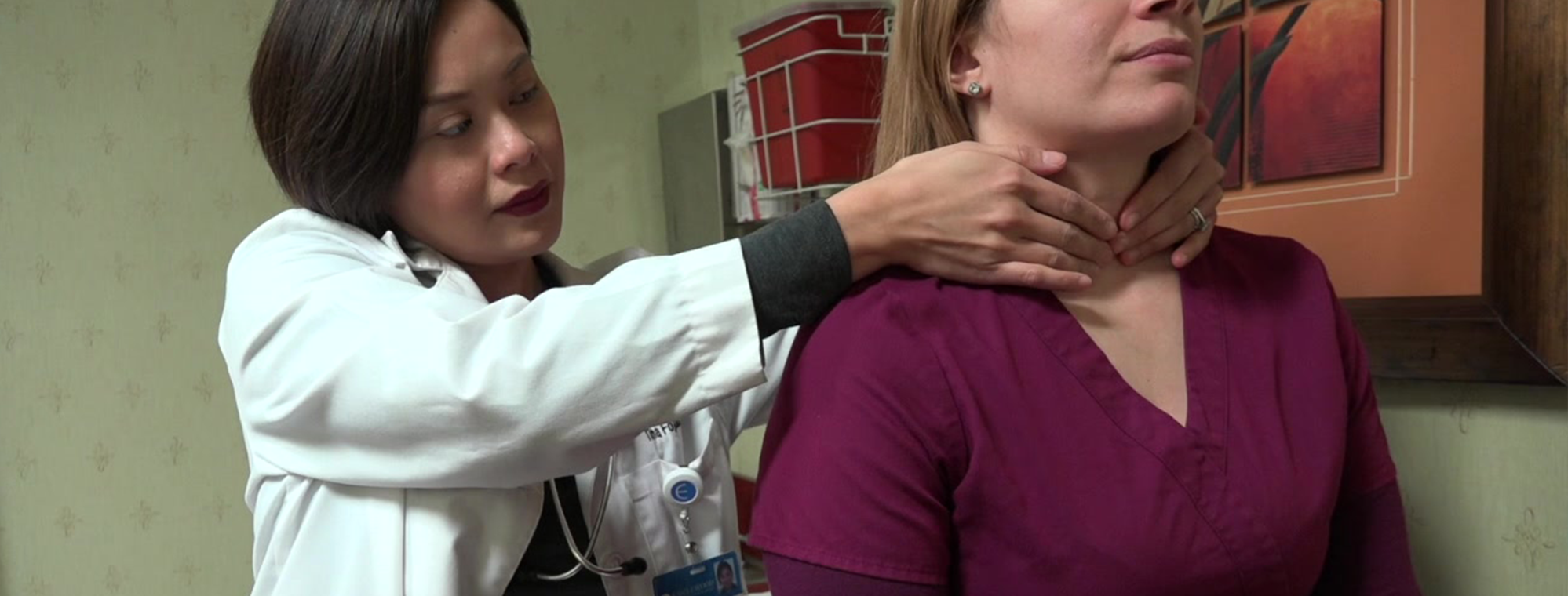Hypoglycemia
What is hypoglycemia?
Hypoglycemia, a medical term referring to low blood sugar levels, occurs when the concentration of glucose in the bloodstream drops below 70 mg/dL. This condition is particularly prevalent among individuals with diabetes mellitus who are on medications that can potentially induce low blood sugar levels. However, it’s essential to note that hypoglycemia can also affect individuals without diabetes under specific circumstances.
Hypoglycemia Unawareness

Over time, some individuals who have lived with diabetes for an extended period may develop a condition known as “hypoglycemia unawareness.” In this situation, patients lose their natural ability to sense the onset of low blood sugar levels, leading to a lack of typical symptoms that would otherwise signal them about the need for intervention.
What are the symptoms of hypoglycemia?
Symptoms of hypoglycemia encompass a range of physical and cognitive manifestations. Some common signs include:
Hunger: An intense feeling of hunger, often difficult to ignore.
Sweating: Profuse sweating, especially noticeable on the palms and forehead.
Shakiness: Trembling or shivering due to the body’s response to low glucose levels.
Blurry Vision: Visual disturbances resulting from changes in blood sugar levels.
Weakness: A general sense of bodily weakness and fatigue.
Fatigue: Overwhelming tiredness and a lack of energy.
Confusion: Cognitive impairment, difficulty concentrating, and mental fog.
Passing Out: Severe hypoglycemia can lead to loss of consciousness.
Seizure: Extremely low blood sugar levels can trigger seizures.
Heart Palpitations: Irregular or rapid heartbeats due to low blood sugar’s impact on the cardiovascular system.
What are the causes of Hypoglycemia?
In the event of experiencing hypoglycemia symptoms, it’s crucial to act promptly. Follow these steps:
Check Blood Sugar: Use a glucometer to measure your blood sugar level. If it’s below 70 mg/dL, take action.
Quick Sugar Source: Consume a fast-acting source of sugar, such as:
- 3-4 glucose tablets
- ½ cup of juice or regular soda
- 2 tablespoons of raisins
- 4-5 saltine crackers
- 1 tablespoon of sugar or honey
- 6-8 hard candies
Follow the 15:15 Rule: Consume 15 grams of carbohydrates, then wait for 15 minutes before rechecking blood sugar levels.
Seek Medical Help: If blood sugar doesn’t rise after treatment, or if symptoms worsen, call 911 or seek medical attention promptly.
How do I treat my low blood sugar?
If you are having symptoms of low blood sugar, check your finger stick by glucometer! If your blood sugar is <70mg/dL, eat a quick source of sugar
(Examples: 3-4 glucose tablets, ½ cup of juice or regular soda, 2 tbsp raisins, 4-5 saltine crackers, 1 tbsp sugar, 1 tbsp honey or corn syrup, 6-8 hard candies). Always carry a quick source such as one of these above for emergent situations. Follow the 15:15 rule, consume 15 grams of carbohydrates and wait 15 minutes to recheck blood sugar. Call 911 if the blood sugar does not rise after treatment!
How do you prevent low blood sugar?
Regular monitoring is key to preventing hypoglycemia. Follow these steps:
Monitor Blood Sugar: Regularly use a glucometer to track your blood sugar levels, especially during medication adjustments, increased exercise, or changes in diet.
Listen to Your Body: Pay attention to subtle changes in your body, even if you lack typical symptoms. When you don’t feel well, check your blood sugar.
Carry Emergency Sugar: Always have a quick-acting sugar source on hand for emergencies.
By understanding the causes, symptoms, and appropriate responses to hypoglycemia, individuals can better manage their blood sugar levels and promote their overall well-being.


